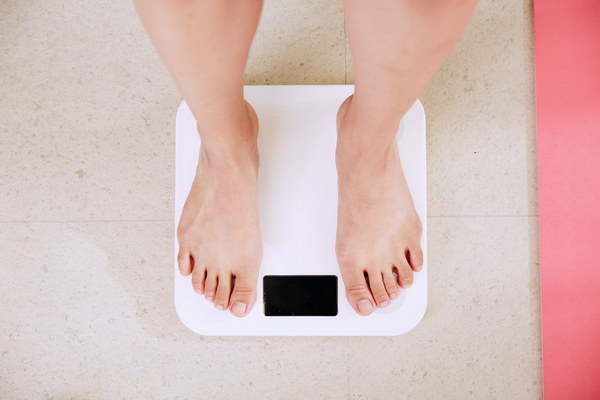Revitalizing Your Health How to Rebalance Your Body After Poor Diet
Introduction:
A poor diet can leave your body feeling sluggish, unhealthy, and more susceptible to illness. However, with the right approach, you can revitalize your body and restore balance. This article will guide you through the steps to take to improve your diet and, subsequently, your overall health.
1. Assess Your Current Diet:
The first step in the journey to better health is to evaluate your current eating habits. Keep a food diary for a week to track what you consume, and pay attention to the balance of macronutrients (carbs, proteins, and fats), as well as the quantity of food.
2. Increase Your Water Intake:
Dehydration can exacerbate the negative effects of poor diet. Aim to drink at least 8 glasses of water a day. This helps to flush out toxins, boost metabolism, and improve digestion.
3. Incorporate More Fruits and Vegetables:
Fruits and vegetables are packed with essential vitamins, minerals, and fiber. Try to include a variety of colors in your meals to ensure a wide range of nutrients. Aim for at least 5 portions per day.
4. Choose Whole Foods Over Processed:
Processed foods are often high in unhealthy fats, sugars, and sodium. Opt for whole foods such as whole grains, lean proteins, and legumes. They are more nutritious and provide sustained energy.
5. Balance Your Macronutrients:
Ensure your meals contain a good balance of macronutrients. Incorporate a source of lean protein, such as chicken, fish, or tofu, alongside complex carbohydrates like whole grains and healthy fats like avocados or nuts.
6. Limit Sugar and Refined Carbs:
Reducing the intake of sugar and refined carbohydrates can help stabilize your blood sugar levels and prevent energy crashes. Choose natural sugars found in fruits and vegetables instead of those in sugary drinks and sweets.
7. Add Probiotics to Your Diet:
Probiotics are beneficial bacteria that support gut health. Include probiotic-rich foods such as yogurt, kefir, sauerkraut, and kimchi in your diet to maintain a healthy gut flora.
8. Practice Portion Control:
Overeating can lead to weight gain and other health issues. Be mindful of portion sizes and listen to your body's hunger and fullness cues.
9. Plan Your Meals:
Planning your meals ahead of time can help you make healthier choices. Prepare meals in bulk and store them in the refrigerator or freezer, so you have nutritious options readily available.
10. Stay Active:
Exercise complements a healthy diet by improving circulation, boosting your immune system, and helping you maintain a healthy weight. Aim for at least 150 minutes of moderate-intensity aerobic exercise per week.
11. Manage Stress:
Stress can lead to unhealthy eating habits. Practice stress-reducing techniques such as meditation, yoga, or deep breathing exercises to maintain a balanced lifestyle.
12. Seek Professional Advice:

If you're struggling to make changes on your own, consider seeking help from a registered dietitian or nutritionist. They can provide personalized advice and support to help you reach your health goals.
Conclusion:
Poor diet can take a toll on your body, but it's never too late to make changes. By assessing your current eating habits, increasing water intake, incorporating more fruits and vegetables, choosing whole foods, balancing macronutrients, limiting sugar and refined carbs, adding probiotics, practicing portion control, planning meals, staying active, managing stress, and seeking professional advice if needed, you can begin to revitalize your body and improve your overall health. Remember, small changes can lead to big results, so take it one step at a time.









